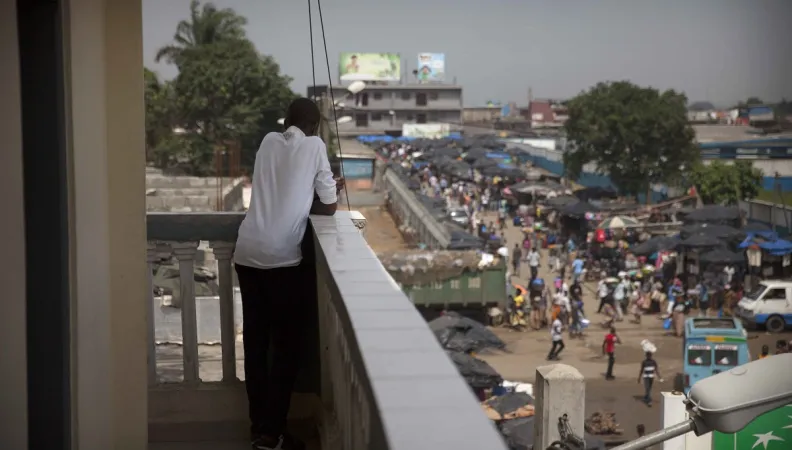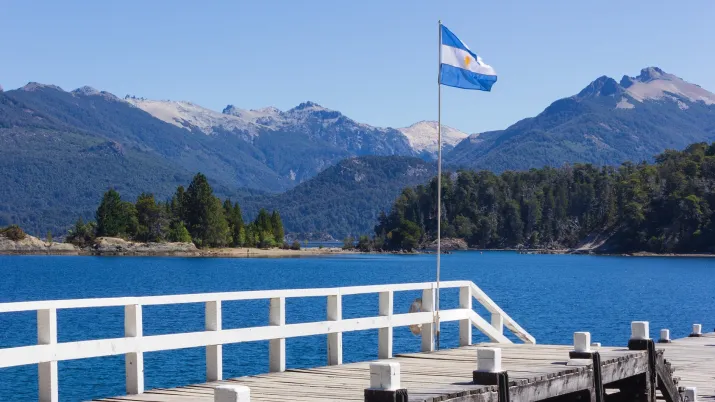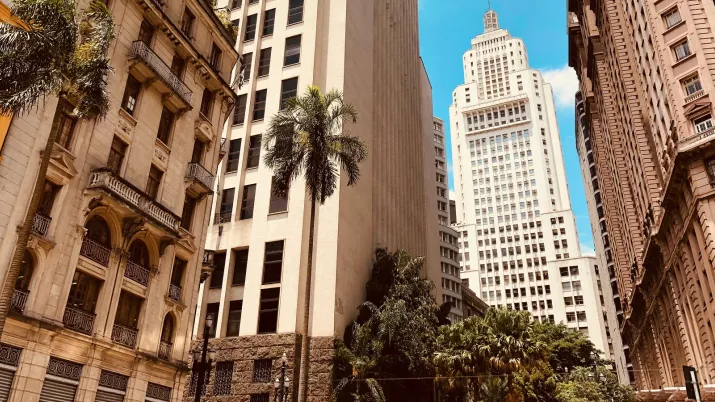Share the page
Macroeconomic country assessment − Côte d'Ivoire

-
Project start date
-
2015Status
Ongoing
-
Country and region
-
Location
-
Côte d'Ivoire
-
Research program
Côte d'Ivoire is one of the 60 countries followed by AFD’s country-risk economists, whose assessments shed light on countries' economic trajectory and macroeconomic and financial situation.
Context
Côte d'Ivoire, the leading regional power in West Africa, aims to become an emerging country by 2020. To do this, it must reduce the poverty and inequality affecting its population and take all the necessary steps to promote youth employment. As a long-standing partner of Côte d'Ivoire, AFD supports it in carrying out key transitions for its future: demographic, social, energy, etc.
Goal
Produced by AFD's team of country-risk economists, country assessments provide an analysis of development processes in countries in which AFD operates. They also characterize their growth trajectory, and detect economic, social, political and financial vulnerabilities associated with these trajectories. AFD Group is thus in a position to properly measure the challenges and monitor the risks associated with each of its investments.
Emphasis is placed on developing countries, particularly in Africa, for which macroeconomic analyses are rare or infrequent. AFD seeks to complement existing production on the global economic situation, more focused on advanced economies and major emerging countries.
Find out more: Macroeconomic analyses at AFD
Method
Country-risk analysis is based on a close follow-up over a long period of time and rooted in a fine knowledge of local contexts. Cyclical trends, often highlighted in the news, are always examined in the light of structural trends and of the regional context in which they take place. The aim is to highlight country-specific macroeconomic issues while assessing risks against comparable time- and space-based trajectories.
Country-risk economists place the study of socio-political vulnerabilities, the growth model, the viability of public debt, external balances and the soundness of the financial system at the heart of their assessment, and give specific attention to countries' exposure to climate risks.
Lessons learned
Since emerging from its “lost decade” (2000-2010), Côte d'Ivoire has enjoyed strong economic growth (+7.2% since 2012). Resilient in the face of successive external shocks, it has confirmed its position within the WAEMU. A lower-middle-income country, it aspires to join the upper bracket by 2030. To achieve this, the economy, which is still largely based on commodity exports, faces a number of challenges, including restoring fiscal and external balance. Investment needs remain high to overcome persistent socio-economic fragilities and build an inclusive growth model. Despite good economic performance, the country remains vulnerable to political and security risks.
Our publications on Côte d'Ivoire's macroeconomic situation:
- "Côte d’Ivoire: Macro-financial resilience and pursuit of an emerging ambition" in MacroDev n°60 (February 2025)
- "Race towards emergence challenged by shocks" in MacroDev Semestrial Panorama n°53 (February 2024)
- "Côte d’Ivoire: a relatively resilient economy", in MacroDev Semestrial Panorama n°36 (September 2021)
- "Debt sustainability in Africa: state of play and future challenges", MacroDev n°34 (May 2021)
- "Les enjeux de la nouvelle croissance ivoirienne" (October 2015, in French)



